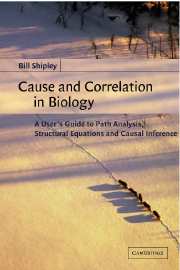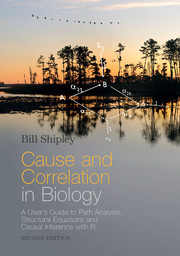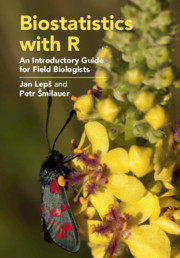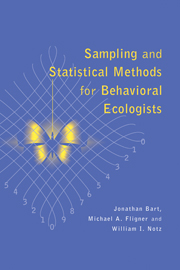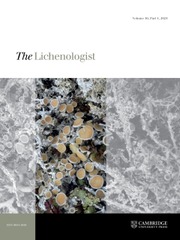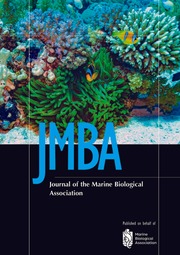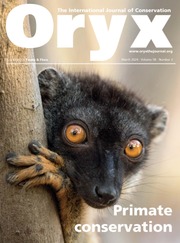Cause and Correlation in Biology
This book goes beyond the truism that 'correlation does not imply causation' and explores the logical and methodological relationships between correlation and causation. It presents a series of statistical methods that can test, and potentially discover, cause-effect relationships between variables in situations in which it is not possible to conduct randomised or experimentally controlled experiments. Many of these methods are quite new and most are generally unknown to biologists. In addition to describing how to conduct these statistical tests, the book also puts the methods into historical context and explains when they can and cannot justifiably be used to test or discover causal claims. Written in a conversational style that minimises technical jargon, the book is aimed at practising biologists and advanced students, and assumes only a very basic knowledge of introductory statistics.
- Unique biological context
- Worked examples in every chapter
- Jargon-free conversational style
Reviews & endorsements
'… the perfect introduction to SEM. This book can be used as the primary text in a SEM course given within any discipline, and can be used by scholars and researchers from any area of science.' Structural Equation Modeling
'Addressing students and practising biologists, Shipley does a terrific job of making mathematical ideas accessible … Cause and Correlation in Biology is a nontechnical and honest introduction to statistical methods for testing causal hypotheses.' Johan Paulsson, Nature Cell Biology
'I highly recommend the book for those interested in multivariate approaches to biology.' Annals of Botany
'I highly recommend the book by Shipley for those interested in multivariate approaches to biology.' Annals of Botany
Product details
January 2005Adobe eBook Reader
9780511031540
0 pages
0kg
110 b/w illus. 27 tables
This ISBN is for an eBook version which is distributed on our behalf by a third party.
Table of Contents
- Preface
- 1. Preliminaries
- 2. From cause to correlation and back
- 3. Sewall Wright, path analysis and d-separation
- 4. Path analysis and maximum likelihood
- 5. Measurement error and latent variables
- 6. The structural equations model
- 7. Nested models and multilevel models
- 8. Exploration, discovery and equivalence
- Appendix
- References
- Index.

